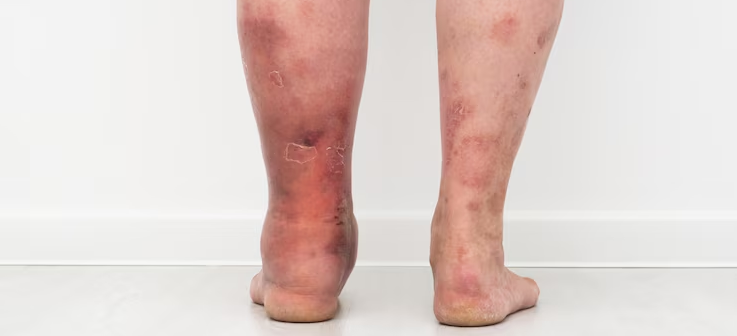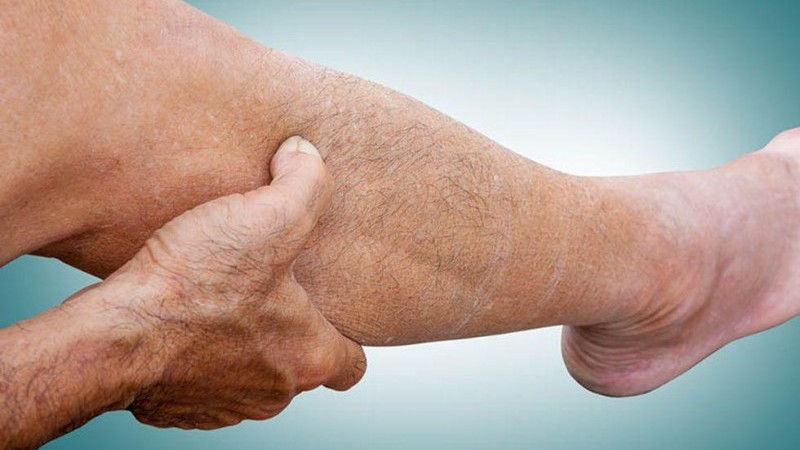The following is a summary of “Resident Perspectives on the Role of Gender in Operative Experience During General Surgery Residency Training: A Mixed-Methods Study,” published in the April 2024 issue of Surgery by Winer et al.
The gender gap in operative experience among general surgery residents persists, prompting this inquiry into its underlying causes and potential solutions. Through surveys administered across 21 accredited residency programs, this study aimed to elucidate contributors to gender-based disparities and identify strategies for fostering equity in operative training.
About 96 respondents participated, with 69% identifying as female. Findings revealed that 22% of female residents encountered personal barriers to operative experience, compared to 13% of males (p=0.41). Notably, 52% of female respondents perceived gender to affect operative training significantly (p=0.004). The inductive analysis uncovered floor work and clinical tasks as the primary barriers to operating room participation. Among female residents, perceived sexism and gender bias emerged as prominent obstacles, encompassing themes of misidentification, feeling unwelcome, and lack of trust and autonomy. To address these challenges, residents suggested implementing structured program-level reviews, providing feedback, and establishing transparent expectations regarding case assignments.
In conclusion, female general surgery residents perceive gender bias as a significant impediment to their training. Comprehensive mixed-methods research is imperative to understand the root causes of gender-based disparities in operative experience and implement effective interventions to promote gender equity in surgical education.
Source: sciencedirect.com/science/article/abs/pii/S0002961024002630



















